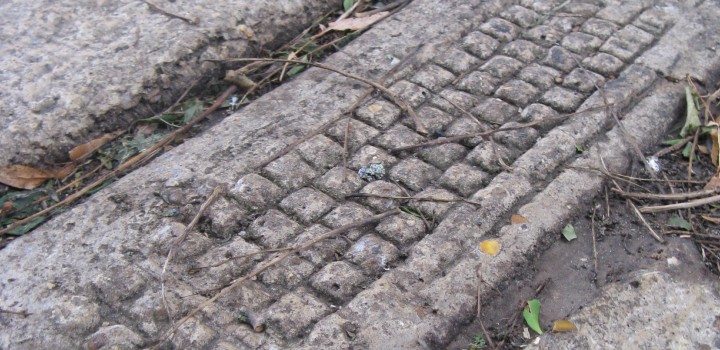Han Kang, UEA-published author, wins 2024 Nobel Prize in Literature
By: Communications

The University of East Anglia (UEA) is once again celebrating the award of a Nobel Prize, after writer Han Kang, whose story, Europa, was published by UEA Publishing Project, won the 2024 Nobel Prize in Literature.
The Nobel Prize in Literature is rewarded to authors who are ‘outstanding in the field of literature’ and is generally regarded as the highest honour globally that can be bestowed on an author.
South Korean writer Han, 53, was praised for her ‘intense poetic prose that confronts historical traumas and exposes the fragility of human life’.
Europa was translated into English by Deborah Smith and published by UEA Publishing Project's Strangers Press, in 2019. Han’s other works include The Vegetarian, The White Book, Human Acts and Greek Lessons, also translated by Deborah Smith, who has done much to introduce Han to an English readership.
Europa is part of the YEOYU set, devised by UEA’s Strangers Press to showcase the best South Korean writing and funded by the Literature Translation Institute of Korea.
 (Image: The cover of Europa by Han Kang)
(Image: The cover of Europa by Han Kang)
Nathan Hamilton, Managing Director and Editor of the UEA Publishing Project, arranged and edited the YEOYU set for UEA.
He said: "We would like to add our warm congratulations to Han Kang on this deserved accolade for her literary achievement; and, personally, it is a huge honour to have had a publication of ours quoted from and listed among her works in the Nobel Prize citation: our own small contribution to a moment of literary history.
“We are immensely proud and grateful to have had the opportunity to work with her and to be able to share in the genuine joy of this moment as a result.”
Europa focuses on ‘the painful complexities of damage and recovery, questioning what it is we want from ourselves and each other, and whether there are some things that are truly irreparable’.
Han is the first South Korean writer to be awarded the Nobel Prize in Literature, and also joined up with UEA previously, in 2015, as the writer in residence for the British Centre for Literary Translation, located on the University’s campus.
Han is not the first novelist with links to UEA to be honoured with the Nobel Prize in Literature. Kazuo Ishiguro, a graduate of UEA’s Creative Writing MA in 1979, was also given the award in 2017.
And previously, geneticist and UEA postgraduate Sir Paul Nurse was awarded the Nobel Prize for Medicine in 2001, and earlier this year returned to campus to speak to students for the University’s 60th birthday.
Related Articles

Innovation and Impact Awards now open for entries and nominations
The Innovation and Impact Awards are back for 2025 and looking to recognise and reward UEA’s most game changing staff, students, and graduates, and their collaborative work with partners outside the University.
Read more
UEA’s research confirmed as ‘world-leading’ by national assessment
The global significance and real-world impact of the University of East Anglias (UEAs) research has been confirmed with the Research Excellence Framework 2021 classifying 91 per cent of it as world-leading or internationally excellent.
Read more
Call for contributors: The Routledge Handbook of Archaeology and the Media in the 21st Century
This edited volume brings together archaeology and media scholarship to explore the impact of contemporary twenty first century media on the field of archaeology. It seeks to offer new insights into new and old media for archaeology and communication.
Read more